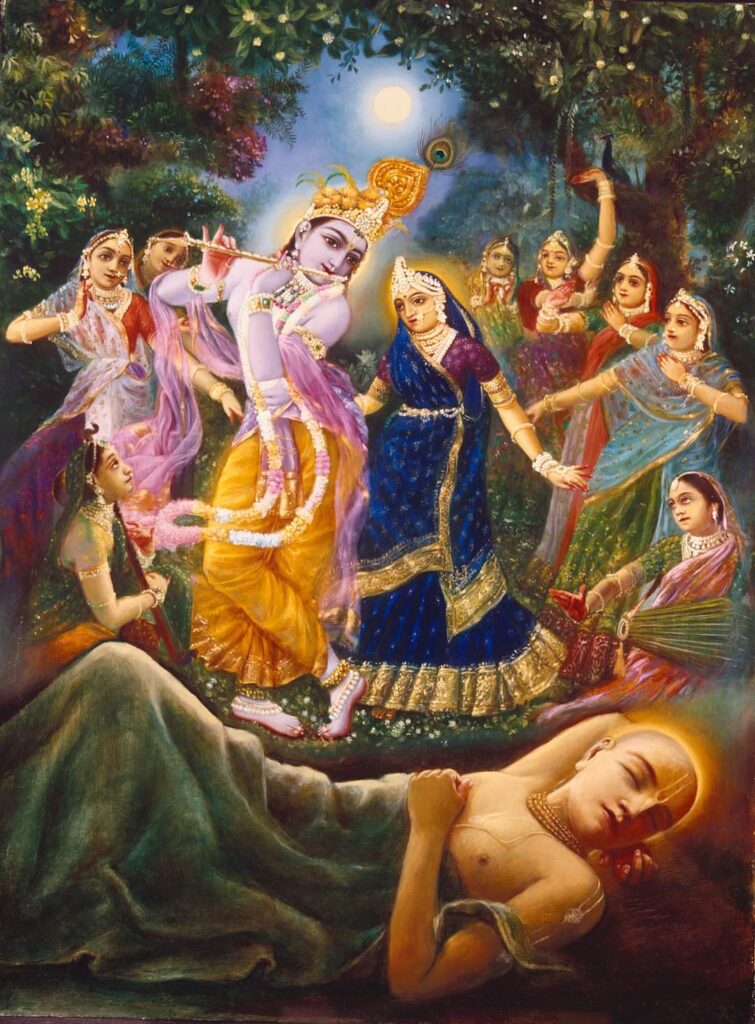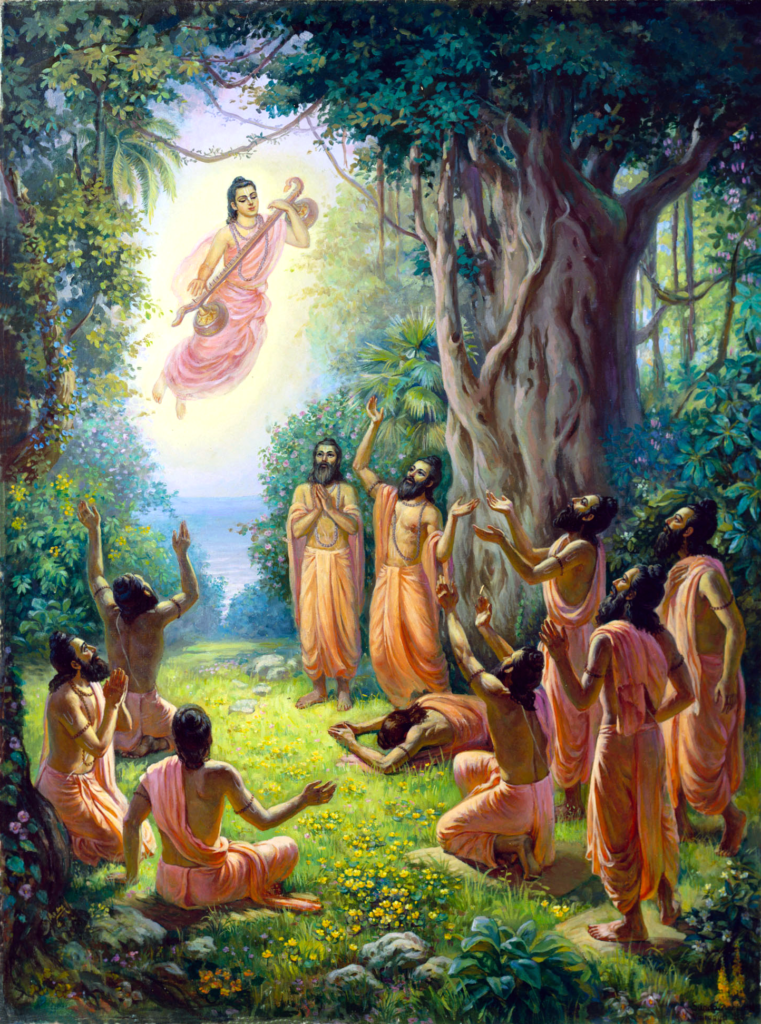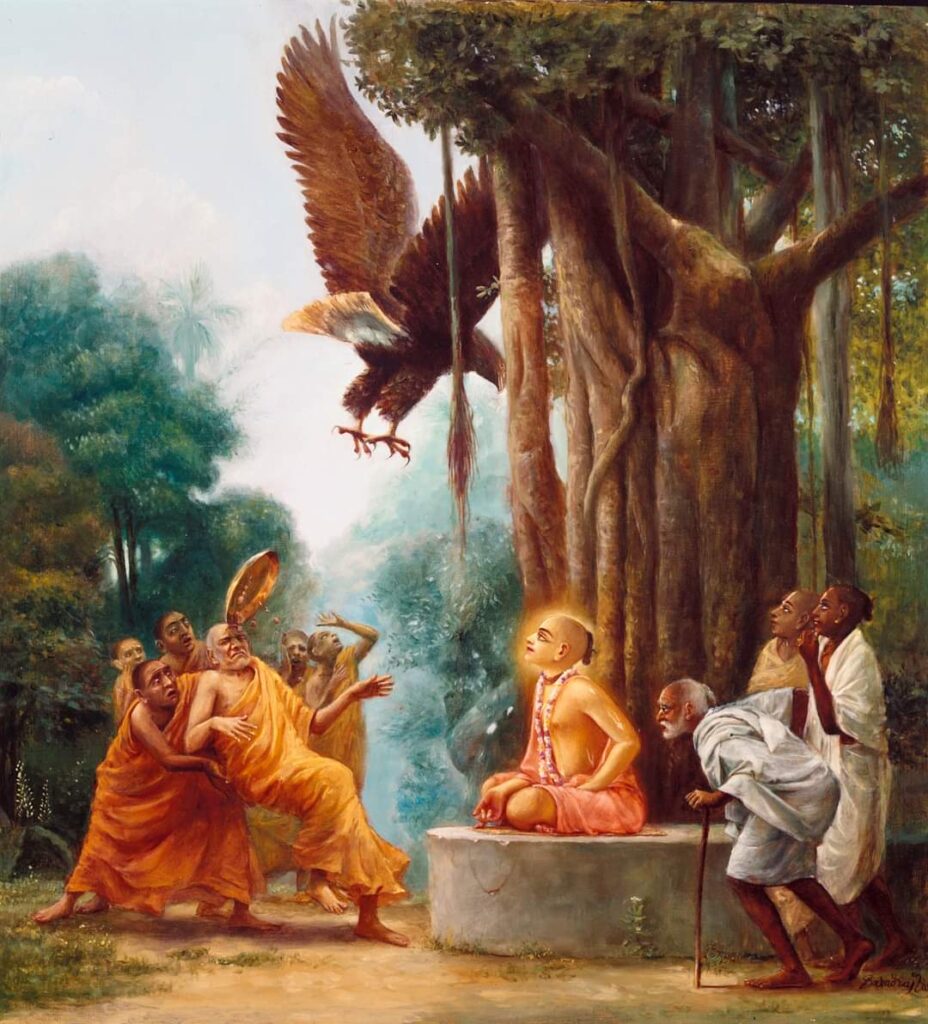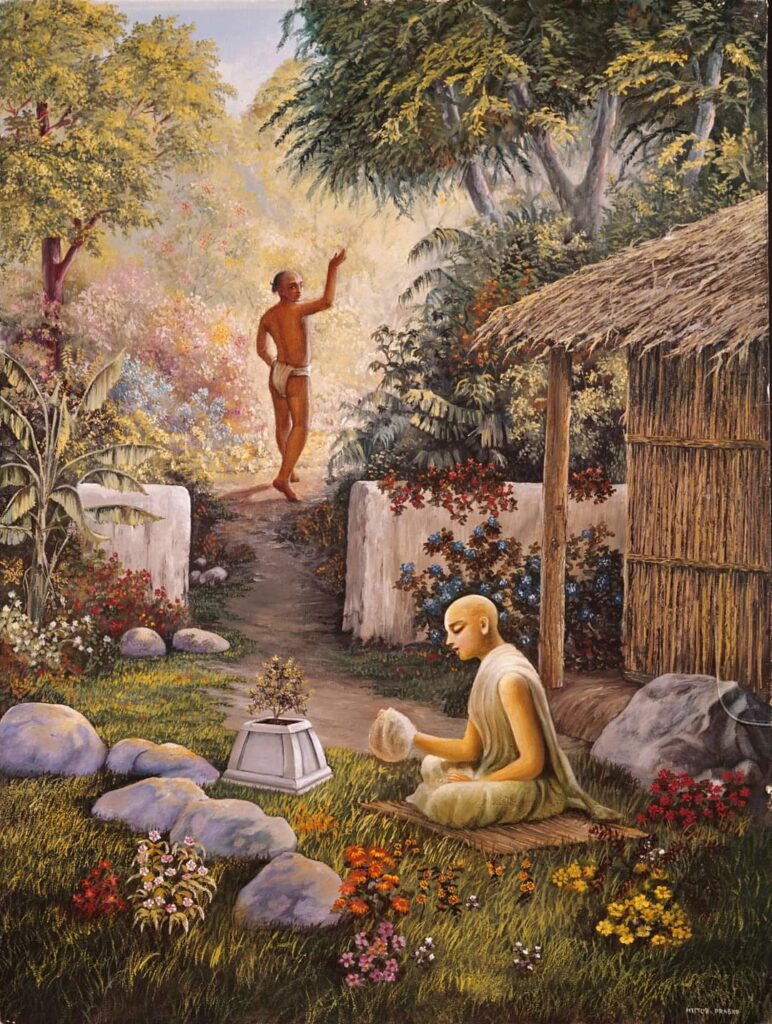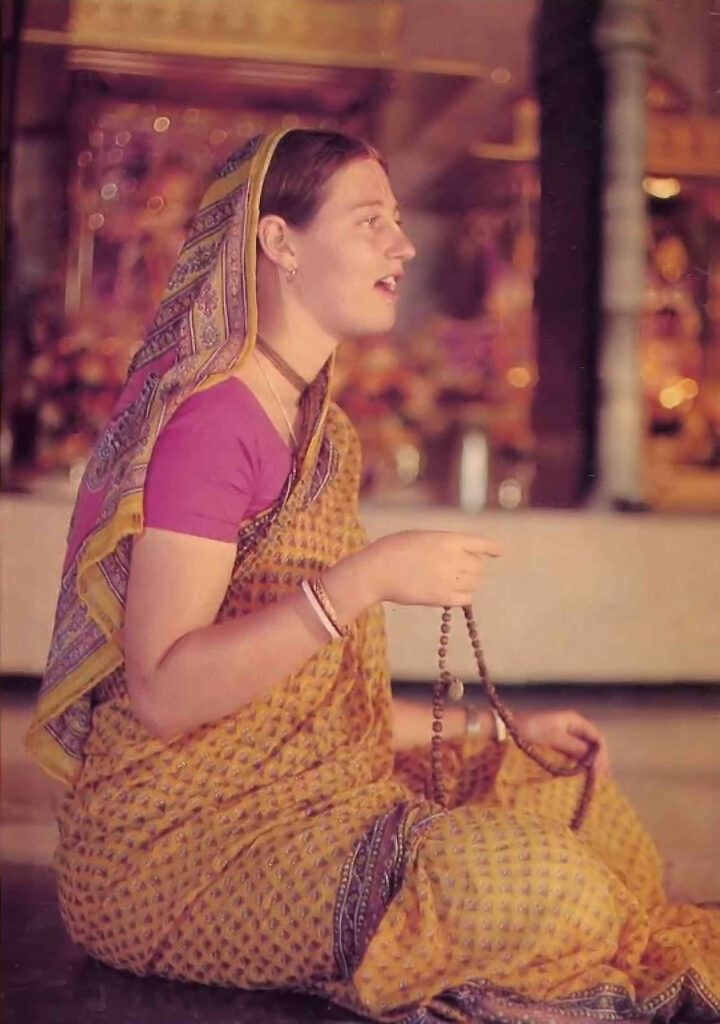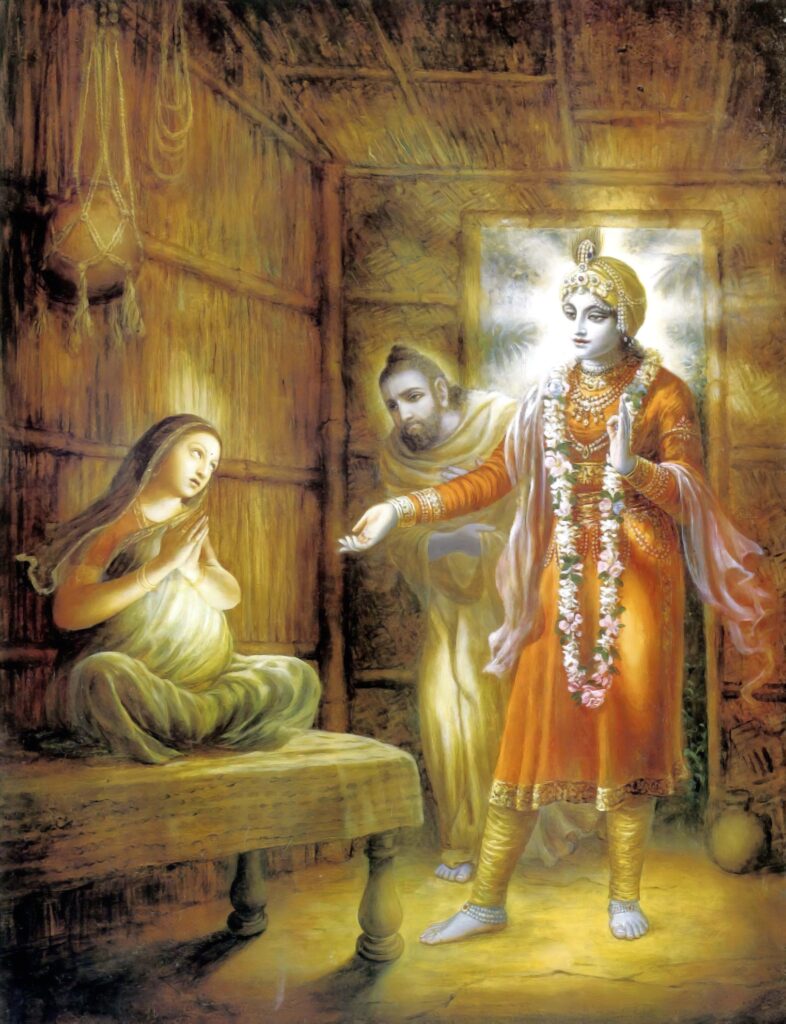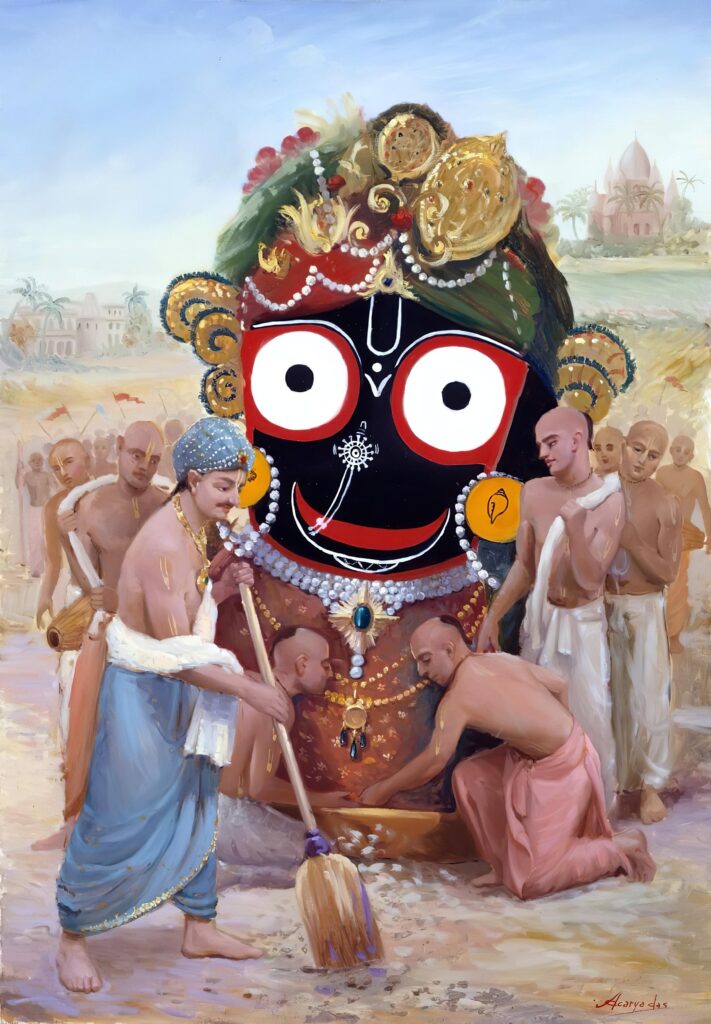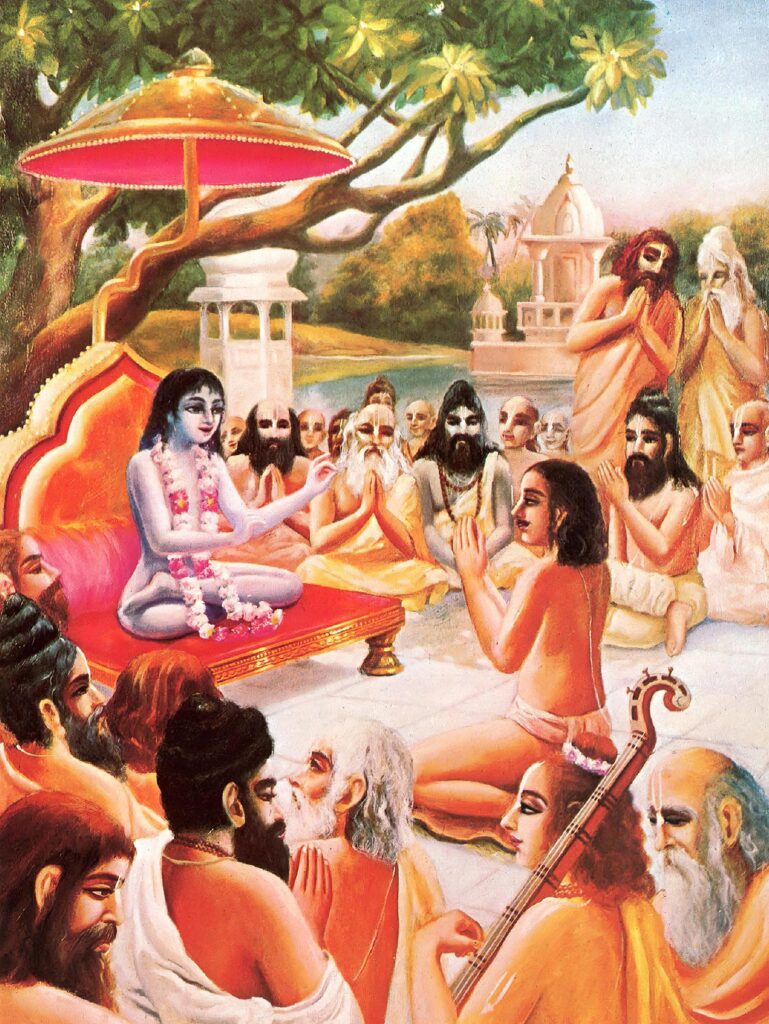Devotees often disagree on different philosophical points, and of course, when disagreements appear, the different parties try to settle the disputes by researching passages from the scriptures. The problem is that almost always such discussions are inconclusive. There are a multitude of passages in the scriptures that can be used to support different points of view, and texts can always be misinterpreted. A small grammar misunderstanding can often completely invert the meaning of a specific verse.
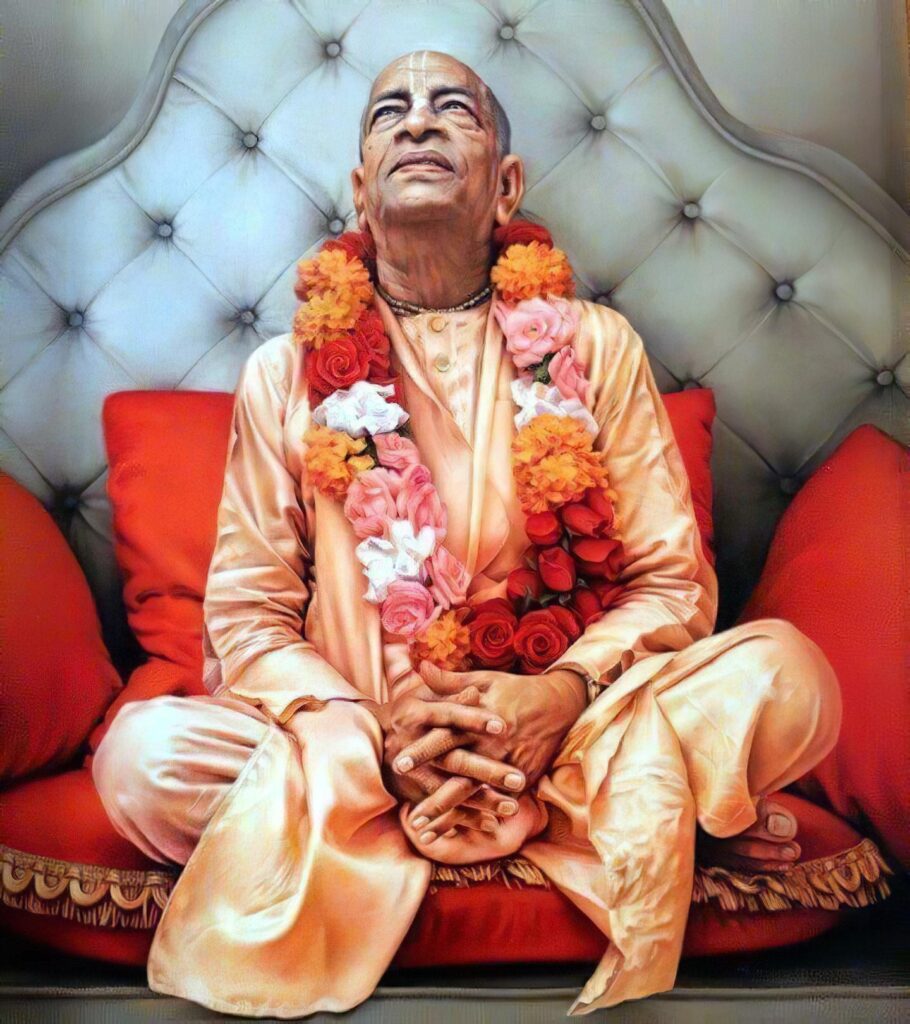
This is nothing new. Our acaryas also had to deal with such discussions. The fact is that except for the Buddhists, everyone in India traditionally debates based on the Vedas. Everyone, from the Mayavadis to the Gaudiya Vaishnavas, uses different passages from the Vedas to sustain whatever philosophy they propound. There are personalists, impersonalists, worshipers of Lord Shiva or Shakti, worshippers of different demigods, and even atheists, and everyone has different viewpoints based on different passages from the scriptures. Different passages from the Vedas can be used to maintain that Krsna is God, that Vishnu is God, that God is ultimately impersonal, that there is no God and matter organizes by itself, that there is a God but he is subordinate to Karma, that everyone is God, that Shiva is God and so on.
Since all these different philosophical systems can be sustained with passages from the Vedas, how can we find the truth? Srila Jiva Goswami went to great lengths in discussing this pint in his Sat-Sandarbhas. As well known, these are six books that he wrote based on verses left by Srila Gopala Bhatta Goswami. Srila Jiva Goswami found the incomplete manuscripts and decided to complete the work, by carefully going through it, organizing the different ideas, rewriting parts that were lost, expanding different arguments, adding additional references, and so on. In this way, the Sat-Sandarbhas are a joint work of these two exalted acaryas. As Sri Jiva wrote:
Continue reading
